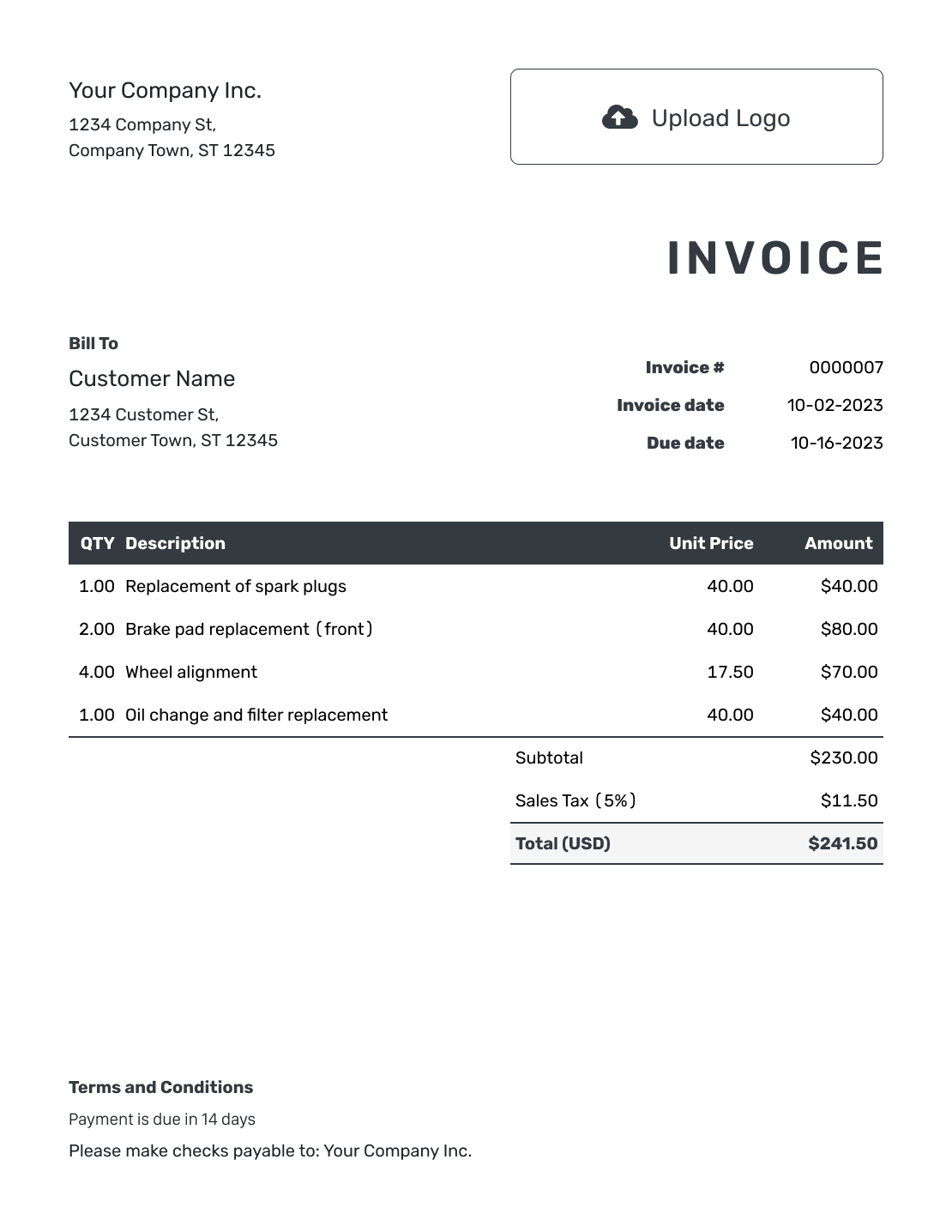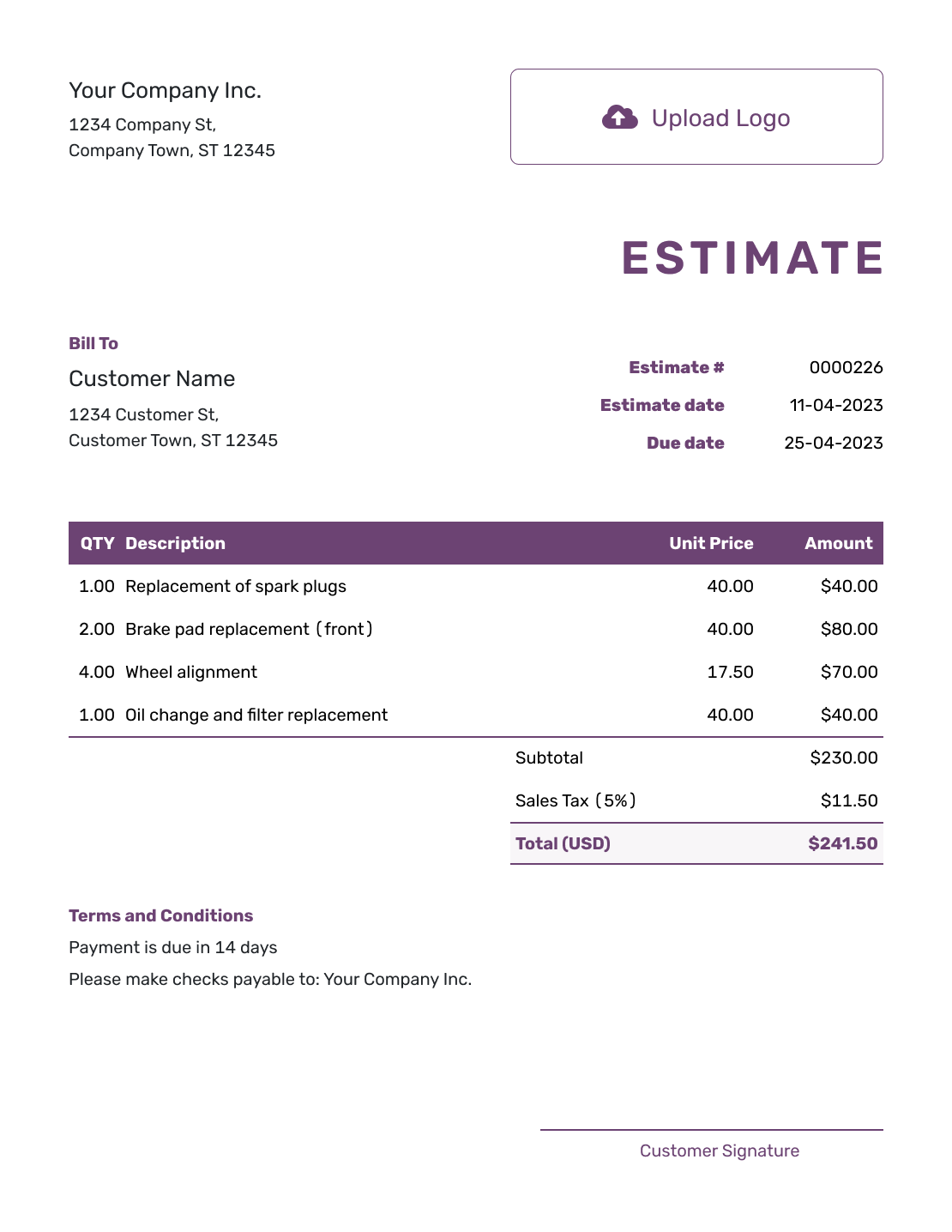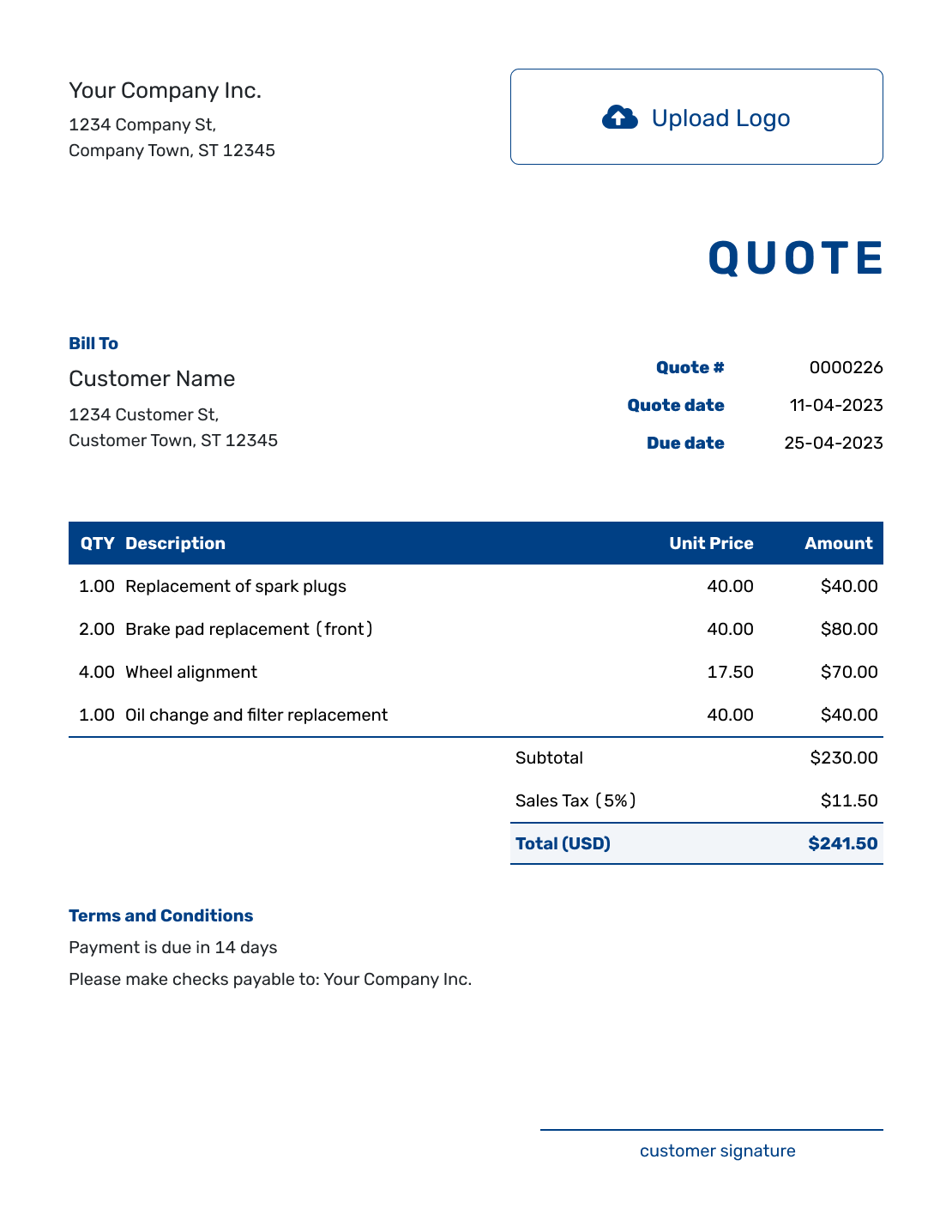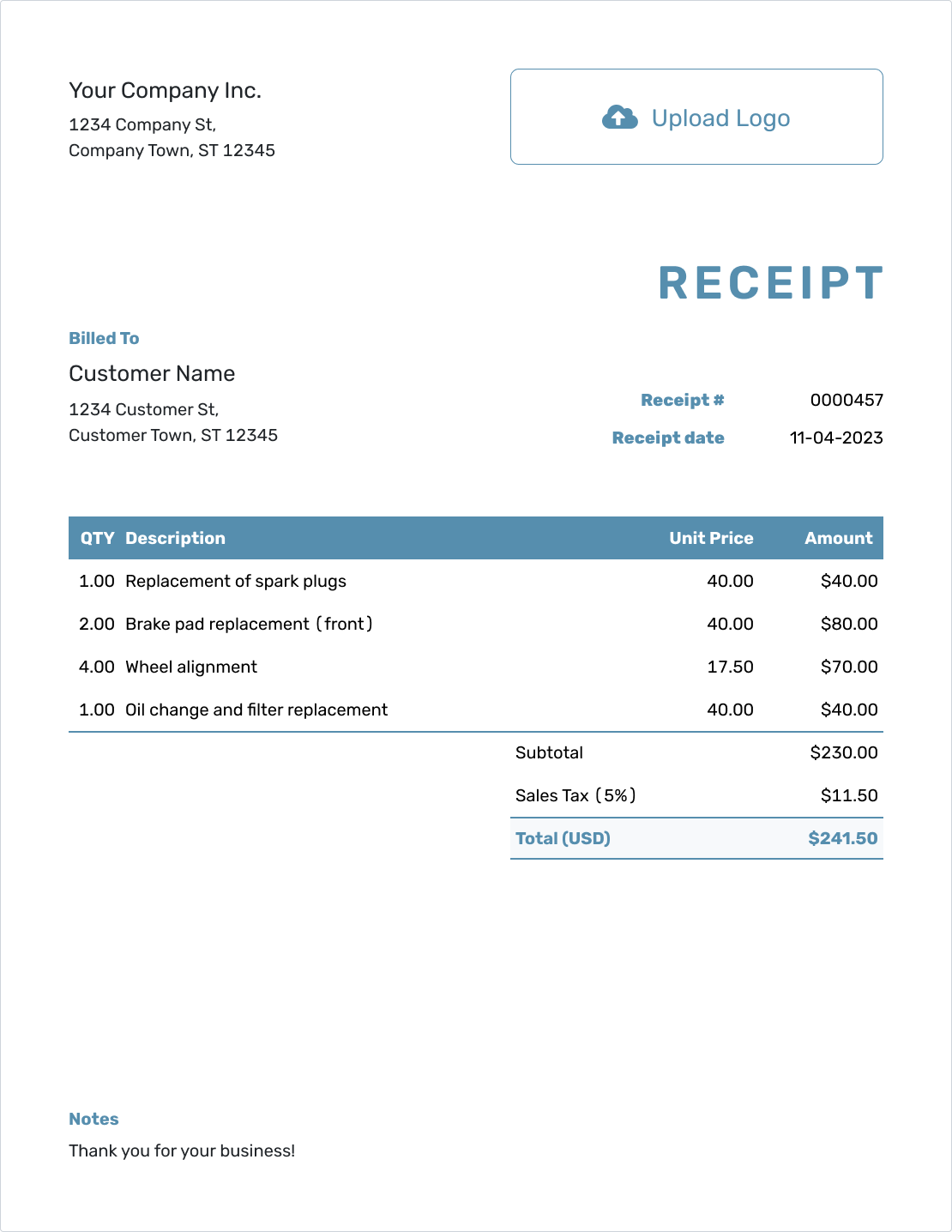Understanding
Non-Current Assets
Est. reading time: 6 min

Non-current assets might sound like a complicated term, but it's simply a way to describe the things your business owns that help it operate long-term. Think of them as the backbone of your company—the tools, properties, and investments that keep everything running smoothly.
What Are Non-Current Assets?
Non-current assets are items your business owns that aren't expected to turn into cash within a year. These assets support your business over the long term and include things like buildings, equipment, and patents.
They're the resources that allow your business to grow and operate consistently, even if they don't directly bring in cash right away.
Why Non-Current Assets Matter
Non-current assets are vital because they:
- Support Operations: These assets are often essential for running your business, like machinery or office space.
- Enable Growth: Investments in equipment or property can help expand your business over time.
- Provide Long-Term Value: Unlike current assets, these are resources you can rely on for years.
By understanding and managing your non-current assets, you ensure that your business has a solid foundation for the future.
Types of Non-Current Assets
Non-current assets typically fall into three main categories:
- Tangible Assets: Physical items like buildings, vehicles, and equipment.
- Intangible Assets: Non-physical assets like patents, trademarks, or brand recognition.
- Long-Term Investments: Investments that your business plans to hold for more than a year, such as stocks or bonds.
Examples and Tips
Examples of Non-Current Assets:
- A manufacturing company's machinery used to produce goods.
- An office building owned by a business.
- A patent for a unique product design.
- Long-term financial investments held by the business.
Tips for Managing Non-Current Assets:
- Keep Accurate Records: Track the value of these assets and update it regularly.
- Consider Depreciation: Over time, tangible assets lose value. Make sure you account for this in your finances.
- Plan for Upgrades: Schedule replacements or upgrades for assets like equipment to avoid downtime.
- Understand Asset Life Cycles: Knowing how long an asset will last helps you plan better for future investments.
The Docelf Advantage
While Docelf focuses on helping you manage invoices, quotes, and receipts, understanding your financial picture is essential for success. Docelf can help you:
- Track Transactions: Monitor your business's incoming payments with ease.
- Create Professional Documents: Customize invoices and estimates that reflect your business branding.
- Stay Organized: Keep all your client and product details in one place.
Ready to simplify your business processes? Try Docelf today and focus more on growing your business!




